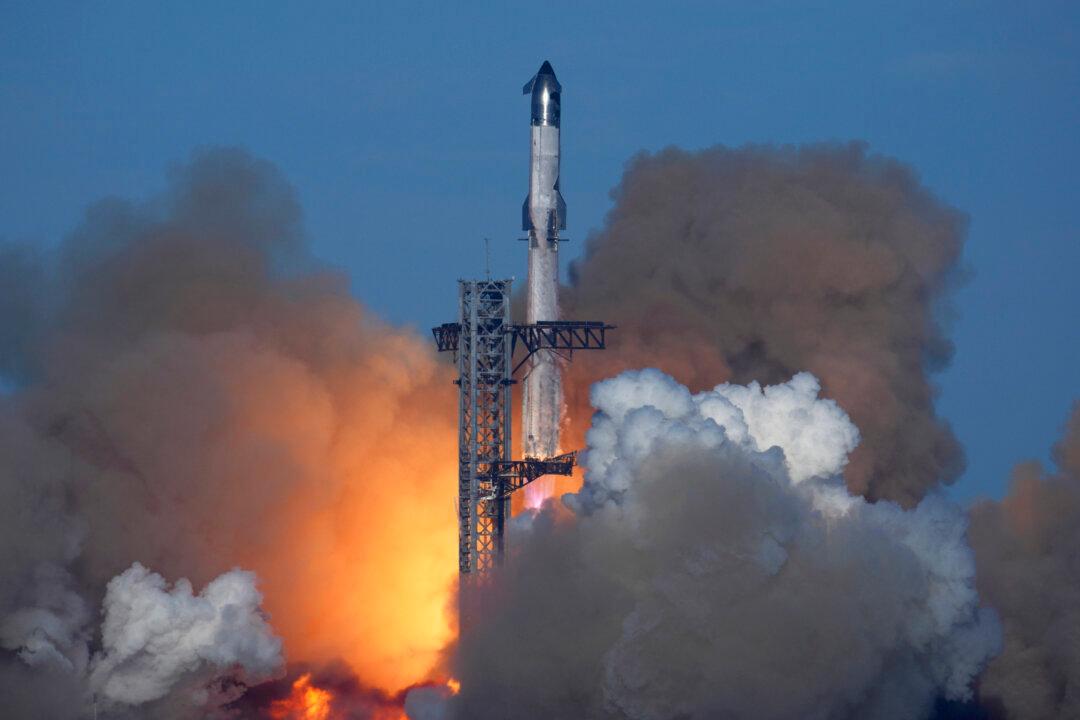The U.S. Department of Justice (DOJ) filed a motion Thursday indicating it wants to drop a lawsuit accusing SpaceX of hiring discrimination against refugees.
The lawsuit filed by the DOJ in August 2023 alleged that SpaceX, owned by Elon Musk, violated the Immigration and Nationality Act by refusing to hire people with asylum or refugee status.





